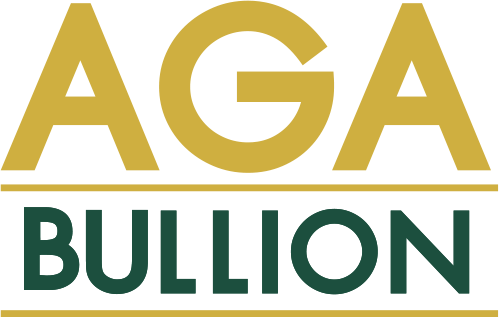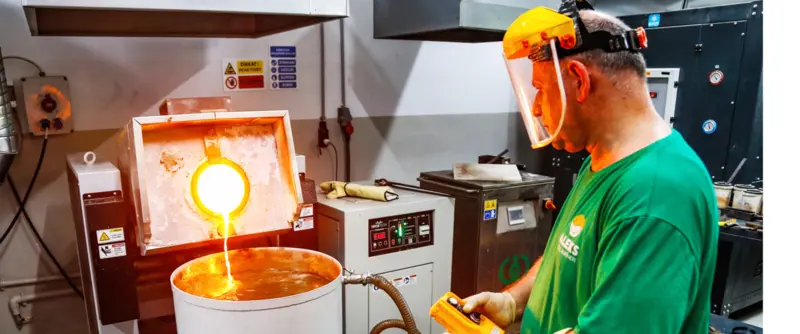The Indispensable Role of Refining
Gold refining, a crucial process in the global gold supply chain, involves purifying raw gold to a specific standard, typically 99.99% purity. This refined gold is then cast into kilobars, ready for various uses, from investing to manufacturing. The process ensures that gold can be recycled and reused indefinitely, contributing to its enduring value.
A Global Overview of Gold Refining
While countless refineries operate worldwide, the most significant ones hold either the London Bullion Market Association (LBMA) Good Delivery accreditation or the Responsible Jewellery Council (RJC) Chain of Custody accreditation, ensuring adherence to stringent quality and ethical standards.
Currently, there are 65 LBMA-accredited gold refineries and 80 silver refineries. Additionally, 79 members are certified by the RJC for their Chain of Custody practices. Globally, refining and recycling collectively process approximately 1240 tonnes of gold annually, with an average of 1150 tonnes over the past five years.
Europe: A Gold Refining Powerhouse
Europe, home to several of the world's leading refineries, plays a pivotal role in the global gold refining landscape. This region accounts for a substantial portion of the total gold refined worldwide. Let's delve into some of the most prominent European countries in this sector.
Switzerland: The Gold Refining Hub
Switzerland stands out as one of the world's most important refining markets, boasting 4 LBMA-accredited refineries and numerous other reputable facilities. Swiss gold bars are renowned for their exceptional quality and are highly sought after internationally. The country's strong reputation has attracted significant gold investment, with average annual figures hovering around 40 tonnes over the past five years.
Italy: A Hub for Jewellery and Refining
Italy, a major player in the global jewellery industry, houses a large base of gold refineries, of which 3 are LBMA good delivery refineries. These facilities cater to the domestic market, primarily serving jewellery manufacturers, while also exporting LBMA-certified gold bars internationally. The country's robust jewellery sector consistently places it among the top five in various jewellery-related metrics. Italy's annual gold recycling figures typically reach around 80 tonnes, although it doesn't rank among the top five European countries for gold investment.
Germany: A Major Consumer of Gold
Germany, the largest country in the European Union, possesses 4 LBMA-accredited refineries and several other notable facilities. Its substantial annual production of scrap gold provides a steady supply for its refineries. Moreover, Germany is a significant consumer of investment gold, consistently ranking at the top of EU lists. While it experienced a sharp decline in gold investment in 2023, falling to an all-time low of 47 tonnes from a peak of 185 tonnes in 2022, its historical figures demonstrate its strong demand for gold.
Conclusion
Europe's role in the global gold refining landscape is undeniable. Countries like Switzerland, Italy, and Germany have established themselves as key players, contributing significantly to the production of pure, refined gold. In the next instalment of this series, we will explore the Middle East, highlighting the region's most important countries, including Türkiye and its newly established refinery, Aleks Metal Refinery.







